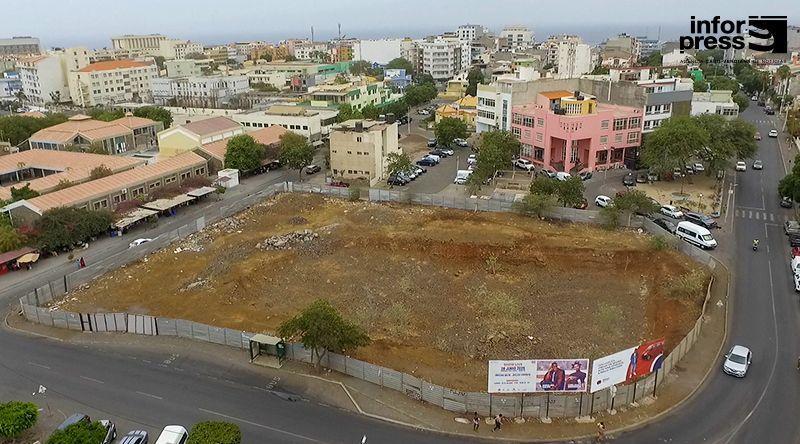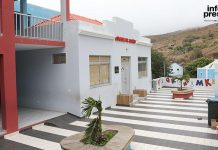Africa-Press – Cape verde. Residents of Praia are outraged by the power outages, even after the Electricity Production Company (EPEC) announced the maintenance of the Wärtsilä Generator Set No. 5 at the Palmarejo Power Plant.
The blackouts have affected several neighborhoods in the capital and neighboring cities, causing widespread concern and daily losses for residents.
During a field investigation, Inforpress interviewed residents of Praia and other areas of Santiago to assess the impact of the situation.
In Achada de Santo António, Liliana Martins described the situation as “terrible,” warning that the constant blackouts are compromising food stored in refrigerators and damaging appliances.
“We can’t live like this. Who’s going to give us new appliances if ours break down? We pay the bill every month, sometimes higher than normal, but we’re without power almost every day,” she lamented, also highlighting the impact on small businesses like barbershops and beauty salons.
In Terra Branca, Ana Teixeira stated that the community has been facing “three weeks” of irregular power supply.
“It’s really damaging. You can’t use the internet or watch the news. The products in the refrigerator spoil. Electra never talks to us, but at the end of the month the receipt always appears. The government needs to look at us, because “this isn’t looking good,” she lamented.
In the fishing area of Porto Mosquito, fishmonger Carmem Fidalgo explained that the electricity crisis further aggravates the community’s situation.
“We buy fresh fish and put it in the freezers, but when the power goes out, we’re left with no way to store it and we have to bear the loss. We’ve gone up to three days without power in a row.” “It’s desperate,” he said, adding that some residents resort to illegal connections.
On August 20, 2024, two people were electrocuted in Cabo Verde, one in the Bela Vista area and the other in Chã de Santo António, due to illegal connections. Energy theft is a crime under the Penal Code, but those responsible, according to public opinion, are rarely punished.
In the first half of 2024 alone, EDEC reported that it conducted more than 8,000 inspections in the Southern region, identifying more than 2,900 instances of illegal connections. It also reported that even in neighborhoods with legal access to the grid, energy theft remains a serious problem, generating financial losses and risks to life.
To curb the situation, EDEC has intensified awareness and inspection campaigns, noting that, although there are technical rules for electrical connections, they are often not followed.
The company also plans to collaborate with the Ministry of Justice. to create mechanisms that effectively punish offenders and prevent further accidents.
The mayor of Praia, Francisco Carvalho, pointed to the lack of structural investment as one of the main reasons for the system’s fragility.
“In 2016, we had two machines that guaranteed 200% capacity. Today, these same machines have been combined to meet demand, but without supplemental power. When there’s a breakdown, the power goes out.” The population has grown, consumption has increased, but investments have not kept pace,” he explained, arguing that improvements can be made.
The situation is even more worrying with the start of the new school year, which begins today, the 15th, with parents and teachers warning that the lack of electricity could affect classes, the use of electronic devices, and students’ nighttime studies.
Small businesses, such as bakeries and ice cream shops, are also reporting losses, and some health centers are using emergency generators to ensure minimum services.
In July of this year, EPEC announced the scheduled shutdown of Wärtsilä Generator Set No. 5 for mechanical maintenance, justifying the measure as part of efforts to strengthen the reliability and safety of the production system.
For More News And Analysis About Cape verde Follow Africa-Press






